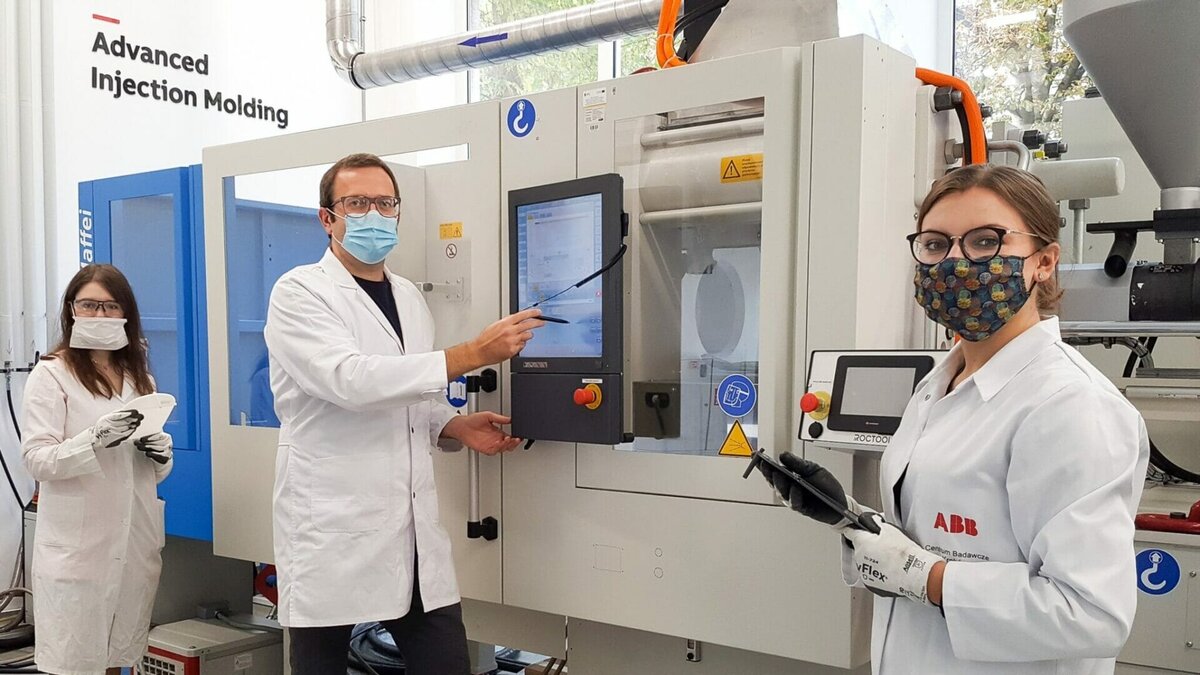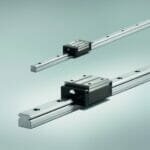In cooperation with Cracow University of Technology, the new ABB laboratory signals another step in ABB Electrification’s ‘Mission to Zero’ strategy and commitment to driving progress and sustainability.
The Center for Functional Materials and Advanced Manufacturing provides access to the latest technologies and delivers systemic research and development into sustainable electrification materials. The facility has been developed as part of a total $3m investment co-financed from EU grant funding, which aims to strengthen ABB Electrification’s business-led collaboration with universities and next generation engineers as well as research into technology automation and material engineering.
Amina Hamidi, CTO for ABB Electrification said: “This new facility is a demonstration of our commitment to make a positive contribution into sustainable R&D looking into smart materials and polymer technology. Seasoned and next generation engineers will explore how to integrate electronics and sensors into our Electrification products as we prepare our customers for the next big step in the digital transformation and progress towards autonomous systems and buildings.”
Lecturers and students from Cracow University Technology, and ABB Electrification’s Smart Materials Research team, will use the ‘collab’ space to actively participate in internships and conduct joint scientific research, as well as learn the practical side of using smart materials technology in industry and buildings.
“Smart materials is one of the most important research topics in all material laboratories. Progress in this domain will largely influence the development of key industries. The cooperation between ABB and Cracow University of Technology fits perfectly into the current needs and R&D trends,” said the Rector of Cracow University of Technology, Professor Andrzej Białkiewicz.
Divided into four core R&D sections, it is one of the first facilities at ABB, and in Poland, to introduce induction heating assisted multi-component injection molding cells for functional composites and structures, prototyping and sensor integration. The site will also be used for validation of multi-physics simulations and digital twin modelling which enables products to be reviewed and tested rigorously reducing development costs and timescales, while also enabling products to get to market quickly.
Amina Hamidi continues: “As part of our Mission to Zero strategy we are focused on delivering technically advanced products that enable us to collectively transform and shape the future of industry, cities and energy. We are excited about the potential that this laboratory can deliver as we blend our pioneering technologies with next generation thinking to increase quality, build resilience into materials, future proof skillsets, and empower industry to discover growth through electrification and product sustainability.”








